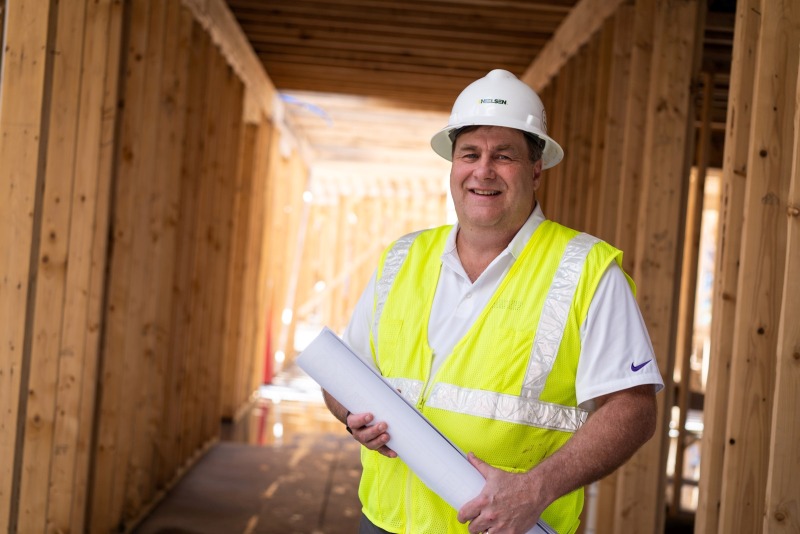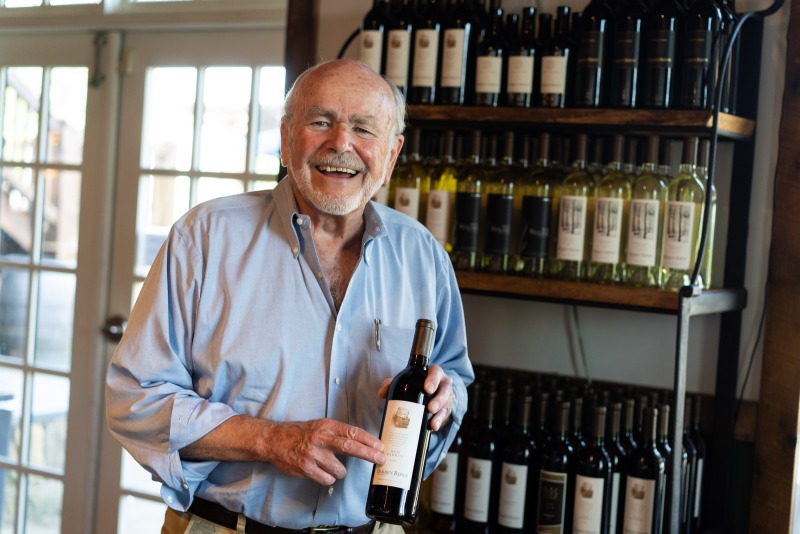Cash Flow, Debt, & Refinancing for Virginia Small Business Owners
Are you wondering if you should refinance a small business loan? Many businesses experienced the unexpected last year, and now it’s time to get back on track or strengthen your existing operation. Small business debt consolidation or refinancing could be an important part of your strategy this year. In this article, we’ll explain how to refinance business debt, cover the pros and cons, and show you how to get started. If you have any questions, call us at (540) 896-8941.
What is Debt Refinancing?

When you refinance debt, you take out a new loan (usually with better terms and/or interest rate) and use it to pay off the old loan. The main benefits of refinancing include saving money on interest, reducing your monthly payment amount, and/or changing the loan term.
When it comes to business debt, consolidating your existing loan(s) with a lower-interest commercial loan can boost your cash flow by lowering your monthly payment and shortening your repayment period.
What to consider before refinancing small business debt

There’s more than one reason to consider refinancing your small business loan(s). Perhaps the payments you’re making on your current business loan primarily go toward interest rather than principal. Refinancing your business loan, also known as debt consolidation, can help you qualify for a longer-term loan with more affordable rates. Here are the most important factors to consider before applying:
- Debt refinancing does involve paying interest on any interest already compounded in your current loan.
- Does the loan you’re looking to refinance have prepayment penalties? Check the fine print first.
- Have interest rates fallen since you took out your current loan? Consolidating your business debt into a lower interest loan could free up extra cash to put toward other needs and expenses.
- Has your total debt level changed since the original loan was made? Business lenders will want to know the debt-service coverage ratio (DSCR) for your company. DSCR is used to calculate your business’s solvency and ability to repay your debt. So if you’ve taken on more debt recently, you may have trouble qualifying for an attractive refinance loan.
Now that you’ve considered different factors, your ultimate decision should depend on what you’re hoping to get out of your debt refinance. For example, in spite of a downside, loan consolidation may still be the right move for your business if you’re looking for a longer repayment term, lower interest rate, and/or less frequent payments.
5 Questions to ask your business lender about debt refinancing

When pursuing any kind of business loan, including debt refinancing, don’t be afraid to ask questions. Your business lender is here to help you review all business loan options and find the best solution to meet your needs. Here are some of the things you may have questions about:
- How long will my new loan term be?
- What are the closing fees?
- Will the loan have a fixed or variable interest rate?
- Is there a prepayment penalty?
- If I don’t qualify for debt refinancing now, what can I do to improve my application next time?
Debt Consolidation vs. Refinancing

While debt consolidation and debt refinancing can be used interchangeably, there are some differences between the two. Here’s what you need to know:
- Debt consolidation is a type of debt refinancing.
- The purpose of debt consolidation is to take several different loans or credit card balances and pay them all off with one new loan.
- Debt refinancing generally takes one loan and replaces it with a new one to achieve a better interest rate and loan terms.
- The process of applying for debt consolidation or refinancing is the same. You’ll need to provide basic information about your business’s financial situation and credit history. You’ll also need to list the debt(s) you will be paying off with the new loan.
Pros and Cons of Debt Refinancing

As with any big financial decision, it’s important to weigh the pros and cons first.
Potential Downsides of Refinancing
- Prepayment penalty: Does your current loan have a prepayment penalty? If so, how much? You may still save more in interest by refinancing, but it’s something to check out. Also, if you really need to reduce your monthly debt payment to improve your cash flow, it may still be worth paying the prepayment penalty.
- Getting stuck in a debt cycle: If this isn’t your first time refinancing, you may want to take a closer look at your business’s financial situation. Will refinancing this time help you pay the debt off or are you just perpetuating a debt cycle for your business?
Benefits of Debt Refinancing
- Lower your monthly payment to improve cash flow and invest in your business.
- Lower your interest rate to save money and off your debt faster.
- Potentially improve your credit score
- Refinance into a larger loan to take “cash out” and invest in your business or meet working capital needs.
How does debt refinancing work?

To start the debt refinancing process, apply for a new business loan from your business lender. At F&M Bank, we offer a variety of business loans, including small business financing through the SBA and traditional term loans for qualified borrowers. And as a longtime community bank, we are dedicated to investing in and supporting small businesses throughout the Shenandoah Valley. Our business lenders pride themselves on building lifelong relationships with clients.
Learn more about debt refinancing from F&M Bank!
Since 1908, F&M Bank has been offering business banking services in the Shenandoah Valley and beyond. Trust the future of your business to our expert lending team. Wherever you are in the Shenandoah Valley, from Harrisonburg to Staunton, you can contact a member of our team or visit one of your local branches in Augusta, Page, Rockingham, or Shenandoah county to learn more about debt refinancing or to apply for a new business loan today.
Our friendly and experienced business lending team is ready to answer your questions and help you make the best choices for your company. Have questions? Get in touch today!



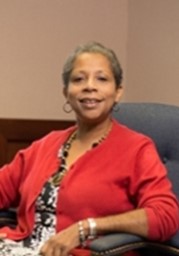 Daphyne Saunders Thomas served as the endowed Adolph Coors Professor of Business Administration chair until her retirement and is currently a professor emerita at James Madison University. A graduate of The Washington and Lee University School of Law, she joined the College of Business faculty in 1981, and completed her MBA at JMU. Thomas earned her undergraduate degree at Virginia Tech. She currently teaches graduate classes for James Madison University for the Executive Leadership MBA and for the Master of Accounting programs. She was a co-founder and co-director of the CyberCity Summer Program, a nationally award-winning summer technology program for middle and high school students from underrepresented populations. Thomas also previously chaired the Harrisonburg Electric Commission and is a former chair of the Harrisonburg/Rockingham Community Services Board. She currently serves on the boards of numerous non-profit organizations, including Sunnyside Communities, The Explore More Children’s Museum, The Community Services Board Halfway House, The JMU College of Visual and Performing Arts Advisory Board, The Harrisonburg/Rockingham Child Daycare Center and The Community Foundation of Harrisonburg/Rockingham Grants and Scholarship committee. Previous gubernatorial appointments include service on the Commonwealth Transportation Board, the Jamestown Yorktown Foundation, the Outstanding Virginian Day, and the Selective Service System Board. She serves on the audit and ORC committees of the F & M Corporate Board.
Daphyne Saunders Thomas served as the endowed Adolph Coors Professor of Business Administration chair until her retirement and is currently a professor emerita at James Madison University. A graduate of The Washington and Lee University School of Law, she joined the College of Business faculty in 1981, and completed her MBA at JMU. Thomas earned her undergraduate degree at Virginia Tech. She currently teaches graduate classes for James Madison University for the Executive Leadership MBA and for the Master of Accounting programs. She was a co-founder and co-director of the CyberCity Summer Program, a nationally award-winning summer technology program for middle and high school students from underrepresented populations. Thomas also previously chaired the Harrisonburg Electric Commission and is a former chair of the Harrisonburg/Rockingham Community Services Board. She currently serves on the boards of numerous non-profit organizations, including Sunnyside Communities, The Explore More Children’s Museum, The Community Services Board Halfway House, The JMU College of Visual and Performing Arts Advisory Board, The Harrisonburg/Rockingham Child Daycare Center and The Community Foundation of Harrisonburg/Rockingham Grants and Scholarship committee. Previous gubernatorial appointments include service on the Commonwealth Transportation Board, the Jamestown Yorktown Foundation, the Outstanding Virginian Day, and the Selective Service System Board. She serves on the audit and ORC committees of the F & M Corporate Board.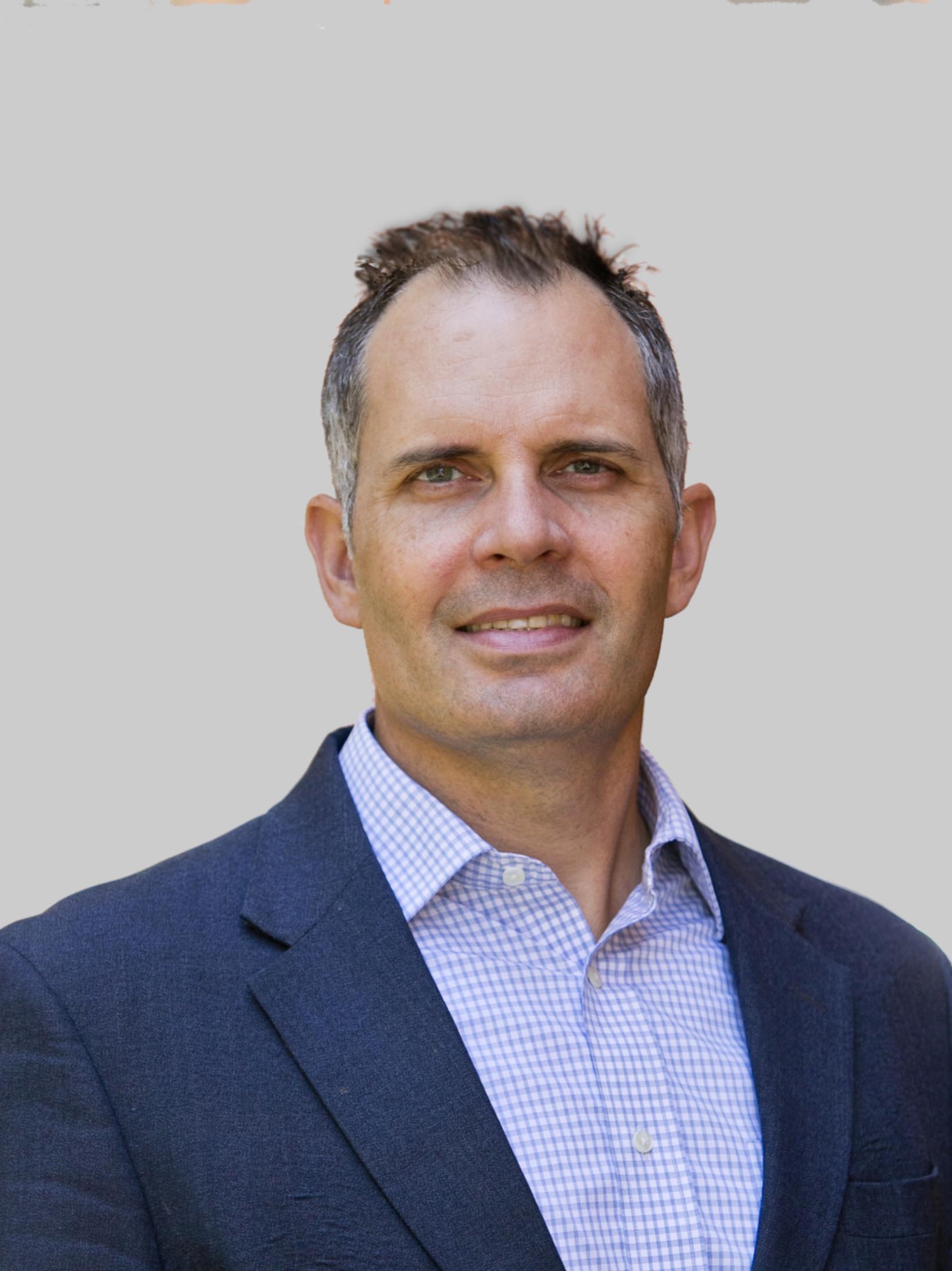
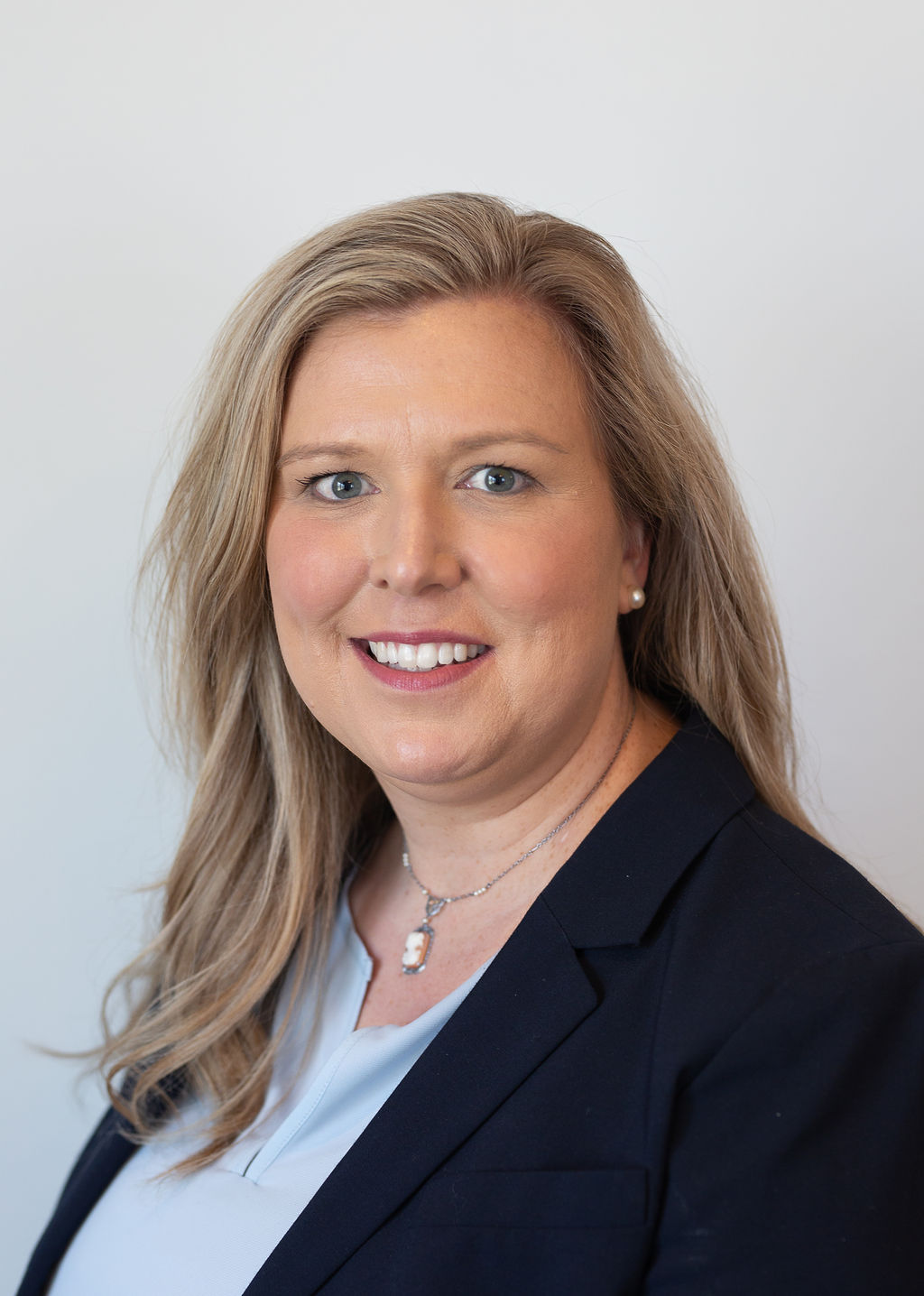 Hannah Hutman is a partner at the law firm of Hoover Penrod, PLC, in Harrisonburg. Her practice includes representing creditors, trustees, and debtors in bankruptcy proceedings and insolvency related matters. Hannah has represented national and regional banks in all aspects of commercial loan transactions and collections, including restructuring obligations, asset liquidations and dispositions, and foreclosure. Hannah is a member of the panel of Chapter 7 trustees for the Western District of Virginia. In addition, Hannah provides legal counsel and services in entity formation and governance matters, financing transactions, contracts, and business asset transfers. She is a former Chair of the Board of Governors of the Bankruptcy Law Section for the Virginia State Bar. Hannah is “AV” rated by Martindale-Hubbell, has routinely been listed in Super Lawyers as a Rising Star, selected as a member of Virginia’s “Legal Elite,” and included in the American Bankruptcy Institute’s 2018 class of “40 under 40.” She received her J.D. from the Marshall Wythe School of Law at the College of William and Mary in Williamsburg, Virginia and her B.A, summa cum laude, from Columbia Union College in Takoma Park, Maryland. Hannah lives in Harrisonburg with her husband Matt and two sons.
Hannah Hutman is a partner at the law firm of Hoover Penrod, PLC, in Harrisonburg. Her practice includes representing creditors, trustees, and debtors in bankruptcy proceedings and insolvency related matters. Hannah has represented national and regional banks in all aspects of commercial loan transactions and collections, including restructuring obligations, asset liquidations and dispositions, and foreclosure. Hannah is a member of the panel of Chapter 7 trustees for the Western District of Virginia. In addition, Hannah provides legal counsel and services in entity formation and governance matters, financing transactions, contracts, and business asset transfers. She is a former Chair of the Board of Governors of the Bankruptcy Law Section for the Virginia State Bar. Hannah is “AV” rated by Martindale-Hubbell, has routinely been listed in Super Lawyers as a Rising Star, selected as a member of Virginia’s “Legal Elite,” and included in the American Bankruptcy Institute’s 2018 class of “40 under 40.” She received her J.D. from the Marshall Wythe School of Law at the College of William and Mary in Williamsburg, Virginia and her B.A, summa cum laude, from Columbia Union College in Takoma Park, Maryland. Hannah lives in Harrisonburg with her husband Matt and two sons.